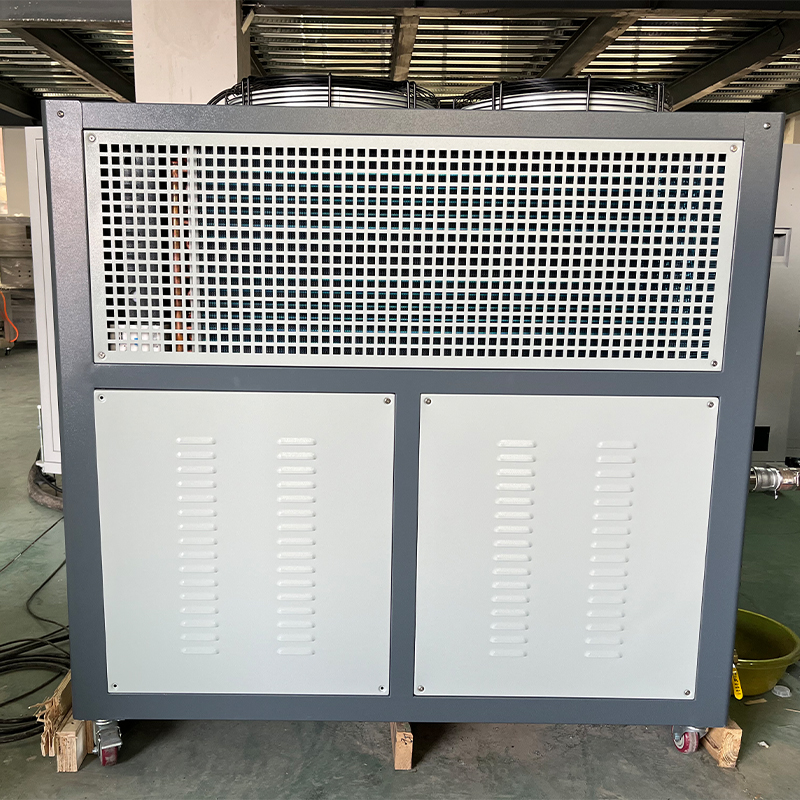custom purchasing tensile tester
Understanding Custom Purchasing of Tensile Testers
In the field of material testing, tensile testers play a crucial role in evaluating the strength and elasticity of materials. From metals to polymers, the ability to understand how a material behaves when subjected to tension is essential for quality control and product development. This is where custom purchasing of tensile testers becomes significant, enabling organizations to tailor equipment to their specific testing requirements.
What is a Tensile Tester?
A tensile tester, also known as a tensile testing machine or universal testing machine, is an apparatus that applies a controlled tension to a sample until it fails. The machine measures the force applied and the elongation of the material during the test. This data allows engineers and researchers to determine several key properties, including yield strength, tensile strength, elongation, and modulus of elasticity.
The Importance of Customization
While standard tensile testers are available for purchase, many organizations find that a one-size-fits-all approach does not meet their unique testing needs. For instance, materials differ vastly in composition, size, and properties; a plastic component might require different testing parameters than a metal alloy. Custom purchasing allows companies to specify the features and capabilities of the tensile tester to match their specific applications.
Customization options might include load capacities, testing speeds, software capabilities, and even the fixture types suited for particular materials. For example, a company focusing on aerospace components might need a tensile tester that can handle extreme load capacity and temperature variations, while a medical device manufacturer might require a machine that offers high precision for thin, delicate materials.
Key Factors to Consider
When embarking on a custom purchase of a tensile tester, several factors should be considered
custom purchasing tensile tester

1. Material Types Identify the materials you will be testing. This will influence the design and capabilities required for the tensile tester.
2. Load Capacity Calculate the maximum load your testing will involve. A tensile tester must have sufficient capacity to handle the expected force without failure.
3. Testing Speed Determine the necessary speed for testing. Different materials require different rates of load application, which can affect test results.
4. Data Acquisition and Software Look for options that include advanced data acquisition systems and user-friendly software. This will facilitate accurate data collection and analysis, making it easier to record results, generate reports, and ensure compliance with relevant standards.
5. Compliance Standards Ensure that the tensile tester meets standards relevant to your industry. Compliance with ASTM, ISO, or other regulatory requirements is essential for producing reliable and valid results.
6. Budget Considerations Custom equipment can be a significant investment. Balancing your needs with available budget is vital. It is advisable to seek quotes from multiple manufacturers and discuss financing options if necessary.
Conclusion
Investing in a custom tensile tester can significantly improve the accuracy and reliability of material testing processes. By understanding your specific requirements and collaborating with manufacturers to design a piece of equipment tailored to your needs, you can enhance the quality control and development processes in your organization. Not only does this ensure you obtain the most relevant data for your materials, but it also positions your company for success in increasingly competitive markets.
In summary, whether you are in the automotive, aerospace, medical, or any other industry, the right tensile tester is essential. Custom purchasing allows you to meet your specific testing needs, ensuring that your materials perform safely and effectively in their intended applications. As technology progresses and materials continue to evolve, the significance of customized testing solutions will only increase.
-
Why the Conductor Resistance Constant Temperature Measurement Machine Redefines Precision
NewsJun.20,2025
-
Reliable Testing Starts Here: Why the High Insulation Resistance Measuring Instrument Is a Must-Have
NewsJun.20,2025
-
Flexible Cable Flexing Test Equipment: The Precision Standard for Cable Durability and Performance Testing
NewsJun.20,2025
-
Digital Measurement Projector: Precision Visualization for Modern Manufacturing
NewsJun.20,2025
-
Computer Control Electronic Tensile Tester: Precision and Power for the Modern Metal Industry
NewsJun.20,2025
-
Cable Spark Tester: Your Ultimate Insulation Assurance for Wire and Cable Testing
NewsJun.20,2025
 Copyright © 2025 Hebei Fangyuan Instrument & Equipment Co.,Ltd. All Rights Reserved. Sitemap | Privacy Policy
Copyright © 2025 Hebei Fangyuan Instrument & Equipment Co.,Ltd. All Rights Reserved. Sitemap | Privacy Policy
